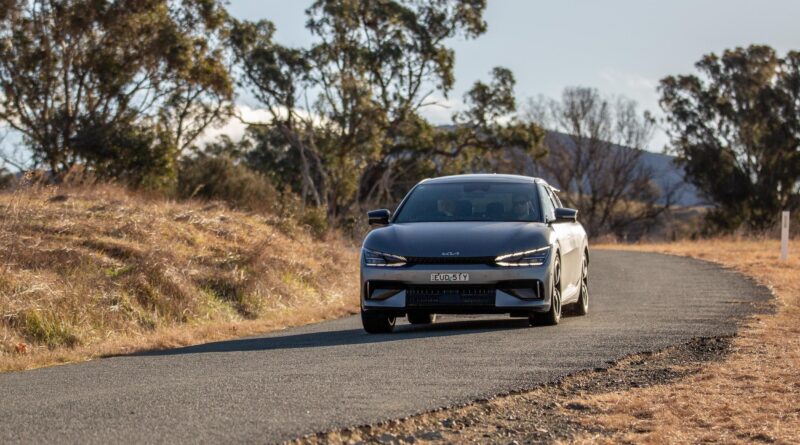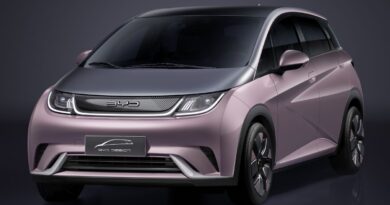Buying a new EV or PHEV is about to get cheaper in Australia
Buying a new EV or PHEV is about to get cheaper in Australia for scores of people following the introduction of the new Federal Government’s Electric Car Discount Bill to parliament this week.
Entered by new Minister for Climate Change and Energy, Chris Bowen, the legislation makes good on an election promise to make EVs more affordable, specifically through the removal of the Fringe Benefits Tax on greener vehicles.
According to the legislation, any new EV or PHEV purchased after July 1 this year will be exempt from FBT, provided it’s priced under the luxury car tax threshold for fuel-efficient cars, which is $84,916 this year.
That price point unlocks a wide range of vehicles, including the Tesla Model 3, the Hyundai Ioniq 5, the Kia EV6 and Niro EV, and the Polestar 2. It also means the Mitsubishi Eclipse Cross and Outlander PHEVs will qualify, along with a host of other plug-in hybrid vehicles.
While not a discount, or rebate, on the purchase price, there are real savings to be had — it’s just a little bit more complicated.
When a vehicle is provided through a workplace, whether from an employer or in a salary-sacrifice arrangement from an employee, it is deemed a fringe benefit in lieu of cash, and is thus taxed via the FBT system.
The government’s calculations predict savings of up to $9000 per year on a car valued at $50,000 through these changes.
“If a model valued at about $50,000 is provided by an employer through this arrangement, our fringe benefits tax exemption would save the employer up to $9000 a year,” the government says. “For individuals using a salary sacrifice arrangement to pay for the same model, their saving would be up to $4700 a year.”
The policy will be in place for the next three years, at least, with the process to be then reviewed ” in light of electric car take‑up to ensure it remains effective.”
“The transport sector is one of the fastest‑growing sources of emissions in Australia and the stronger uptake of electric vehicles can make a substantial impact in our efforts to tackle climate change,” the release reads.
“Importantly – as families struggle with the rising cost of fuel – encouraging more affordable EVs into the market is an important step in addressing transport costs over the medium term and building resilience to global oil prices.
“Yet, right now Australia lags far behind our international peers when it comes to electric vehicle use. This legislation will encourage greater take up of electric cars and contribute to reducing transport emissions.”





on a car doing an average 20,000km a year the government will get about $800 a year in fuel tax. Somehow they will want to recover this from electric cars. I can not see them just give up collecting this money.
Absolutely, although it’s the state governments going for the tax grab over the federal government. Victoria has already started charging EVs a “road user charge” of 2.5 cents per kilometre. It was a rushed move that has been flawed in its execution. But many other states are planning similar road user charges by around 2027, possibly earlier. Either way, by the end of the decade expect EV drivers around the country to be paying to help maintain the roads.